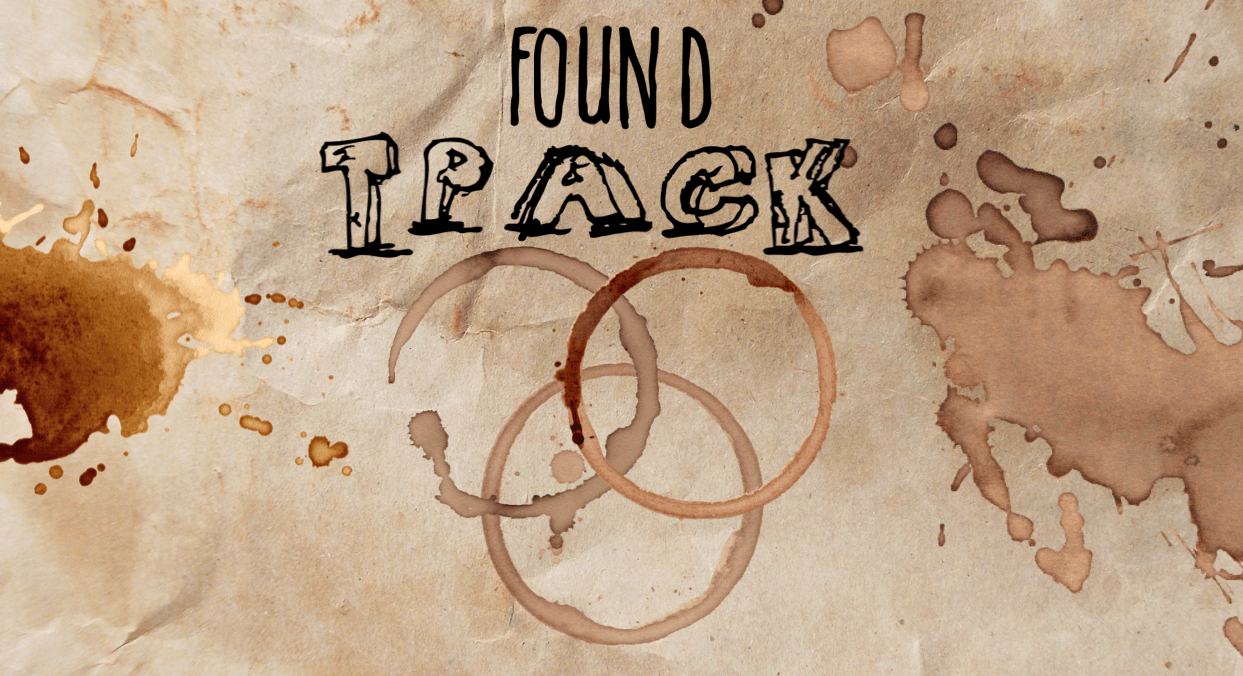Malcolm Gladwell has a great essay in a recent New Yorker on the relationship between genius and age. It is popularly believed that genius is often tied up with precocity. There are two aspects to this. First, creativity requires the energy and brashness of youth. Think of Einstein publishing three key papers in 1905 at the age of 25, or Picasso, or Galois. Second, as a corollary to the first, once you cross a certain age there is no hope of a truly original idea.
Gladwell reports that there may be certain fundamental problems with this perceived connection between genius and age. He argues that there are two kinds of genius, the prodigies and the late bloomers, and that most of the attention has been paid to the former.
Here are some key quotes from the article — Late Bloomers: Why do we equate genius with precocity?
Prodigies like Picasso … rarely engage in that kind of open-ended exploration. They tend to be “conceptual,” Galenson says, in the sense that they start with a clear idea of where they want to go, and then they execute it. “I can hardly understand the importance given to the word ‘research,’ ” Picasso once said in an interview with the artist Marius de Zayas. “In my opinion, to search means nothing in painting. To find is the thing.” He continued, “The several manners I have used in my art must not be considered as an evolution or as steps toward an unknown ideal of painting. . . . I have never made trials or experiments.”
But late bloomers… tend to work the other way around. Their approach is experimental. “Their goals are imprecise, so their procedure is tentative and incremental,” … The imprecision of their goals means that these artists rarely feel they have succeeded, and their careers are consequently often dominated by the pursuit of a single objective. These artists repeat themselves, painting the same subject many times, and gradually changing its treatment in an experimental process of trial and error. Each work leads to the next, and none is generally privileged over others, so experimental painters rarely make specific preparatory sketches or plans for a painting. They consider the production of a painting as a process of searching, in which they aim to discover the image in the course of making it; they typically believe that learning is a more important goal than making finished paintings. Experimental artists build their skills gradually over the course of their careers, improving their work slowly over long periods. These artists are perfectionists and are typically plagued by frustration at their inability to achieve their goal.
Picasso wanted to find, not search, Cézanne said the opposite: “I seek in painting.”
I guess there is still hope for some of us 🙂



Remember Ramanujan too, and Hardy’s comments, and therefore the Field’s medal age restrictions.
I still have hope. I still feel like a kid most days as it is. Therefore, the mirror tends to snap me back into reality.
My favorite Picasso quote of all time (on I have kept since a grad school presentation a couple of years ago) is this:
“Each second we live is a new and unique moment of the universe, a moment that will never be again.
And what do we teach our children? We teach them that two and two make four, and that Paris is the
capital of France. When will we also teach them what they are? We should say to each of them: Do you
know what you are? You are a marvel. You are unique. In all the years that have passed, there has never
been another child like you. Your legs, your arms, your clever fingers, the way you move. You may become
a Shakespeare, a Michelangelo, a Beethoven. You have the capacity for anything. Yes, you are a marvel.
And when you grow up, can you then harm another who is, like you, a marvel? You must work, we must all
work, to make the world worthy of its children.”
Those words are so powerful to me. I just cannot agree more.
Sean